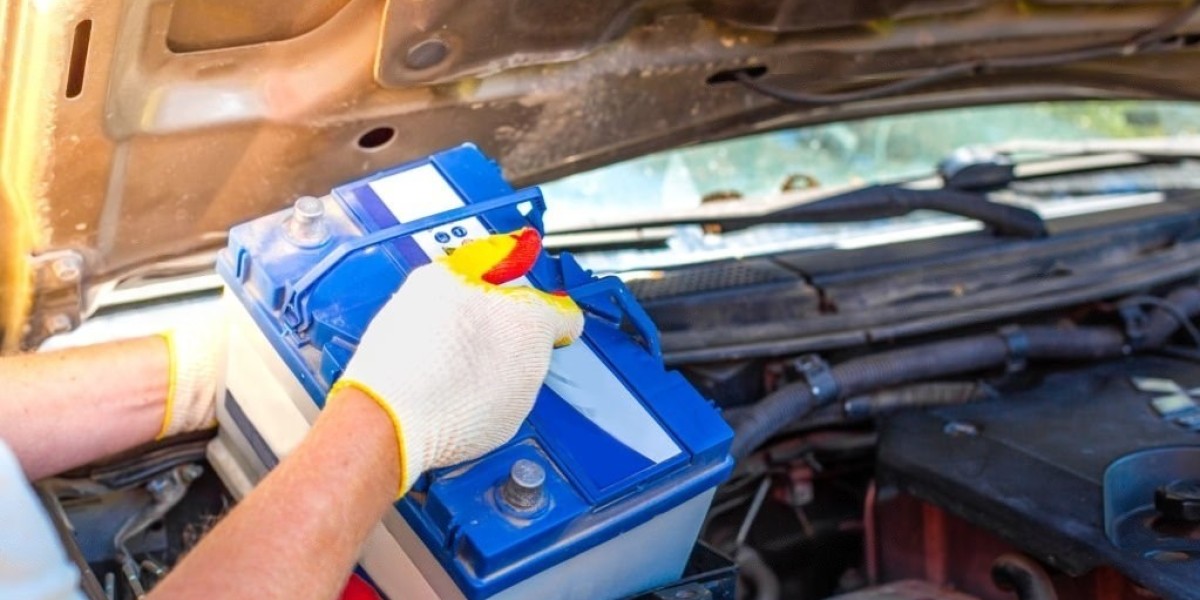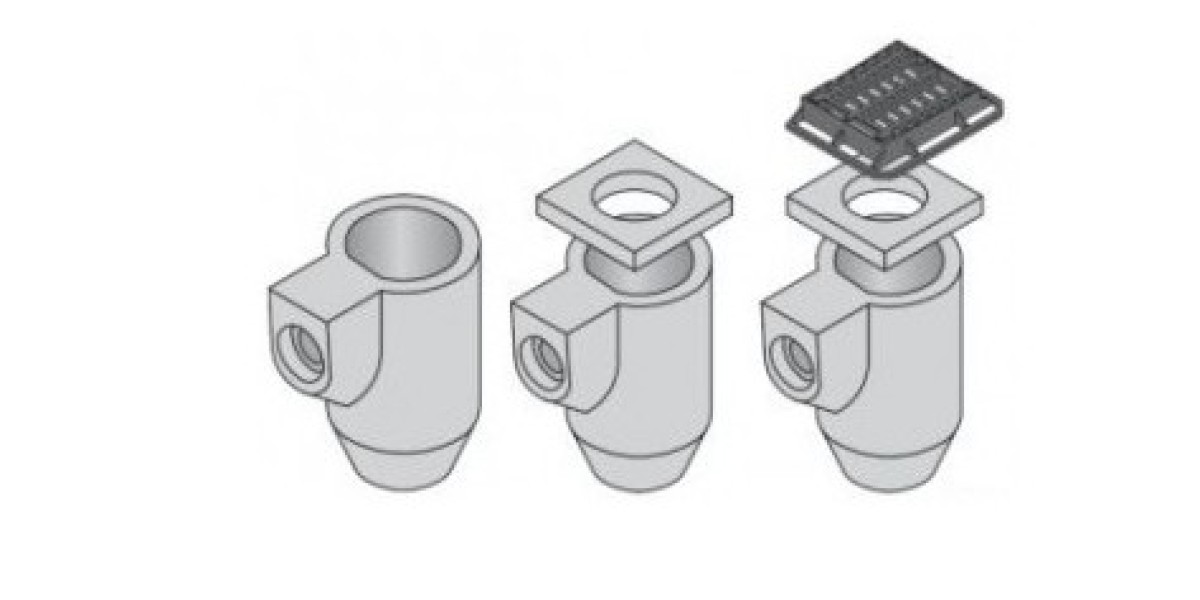Introduction
A healthy car battery is crucial for the optimal functioning of a vehicle. It provides the electrical power required to start the engine, operate the lights, and power other electrical components. Extending the life of a car battery offers numerous benefits. Firstly, it ensures reliable vehicle performance, reducing the risk of sudden breakdowns. Secondly, it saves money by avoiding frequent battery replacements. Additionally, a longer-lasting battery is more environmentally friendly as it reduces the waste generated from discarded batteries. Regular maintenance, such as checking fluid levels, cleaning terminals, and avoiding excessive draining, can significantly extend the life of a car battery.
Do you live in the UAE?
Get Experts to do your Car Battery Replacement in UAE
Tip 1: Regularly inspect and clean the battery
To maintain a healthy car battery, it is important to regularly inspect and clean it. Firstly, check for signs of corrosion or damage on the battery, such as rust or leakage. Corrosion can hinder the battery's performance and lead to electrical issues. If any damage is detected, it should be addressed promptly. Secondly, clean the battery terminals using a mixture of baking soda and water to remove any built-up corrosion or dirt. This ensures a clean connection and enhances the battery's efficiency. By regularly inspecting and cleaning the battery, you can prevent potential problems and extend its overall lifespan.
Tip 2: Keep your battery secure
To maximize the lifespan of your car battery, it is crucial to keep it securely mounted. Firstly, ensure that the battery is properly secured in its designated compartment to prevent movement during vehicle operation. Loose mounting can lead to vibrations that may damage the battery internally. Secondly, take measures to minimize external impacts and vibrations, such as using rubber padding or insulating materials around the battery. Vibrations can cause internal damage to the battery cells and shorten its life. By securely mounting the battery and minimizing vibrations, you can preserve its integrity and optimize its longevity.
Tip 3: Avoid frequent short trips
Frequent short trips can negatively impact the lifespan of a car battery. During short trips, the battery doesn't have sufficient time to fully recharge, leading to a constant state of partial charge. This can result in sulfation, a process where lead sulfate crystals accumulate on the battery plates, reducing its capacity. To mitigate this, it is advisable to combine errands whenever possible. By consolidating multiple short trips into one longer journey, the alternator has more time to fully recharge the battery. This helps maintain its health and extend its life. Minimizing frequent short trips can significantly improve the longevity of the car battery.
Tip 4: Turn off unnecessary electrical accessories
To preserve the life of your car battery, it is important to turn off unnecessary electrical accessories. Excessive electrical load places strain on the battery, depleting its charge and potentially shortening its lifespan. To minimize the usage of electrical accessories, consider turning off devices like interior lights, audio systems, or phone chargers when not in use. Additionally, avoid leaving headlights, fog lights, or other exterior lights on when parked. Being mindful of your electrical accessory usage helps reduce the load on the battery, allowing it to maintain its charge and prolong its overall longevity.
Tip 5: Park in shaded or cool areas
Parking your car in shaded or cool areas can significantly benefit your battery's performance and lifespan. Heat is a major factor that can negatively impact battery health. High temperatures accelerate the chemical reactions inside the battery, causing it to lose charge more quickly and reducing its overall capacity. By parking in shaded or cool spots, you can minimize the exposure to direct sunlight and heat, thereby reducing the strain on the battery. Strategies for parking in such areas include utilizing covered parking spaces, parking under trees, or using car sunshades to block sunlight. Taking these precautions helps maintain the battery's temperature and extends its longevity.
Tip 6: Use battery maintainers or chargers
Using battery maintainers or chargers is a valuable practice to extend the life of your car battery. Battery maintainers provide a constant low-level charge to keep the battery in good condition during periods of inactivity. They prevent self-discharge and combat the effects of parasitic drain. On the other hand, battery chargers are useful for recharging a depleted battery. When selecting a charger, consider the voltage and compatibility with your battery type. Follow the manufacturer's guidelines for proper usage and safety precautions. Regularly using battery maintainers or chargers can optimize the battery's charge levels and improve its overall health, resulting in an extended lifespan.
Tip 7: Limit prolonged periods of inactivity
Limiting prolonged periods of inactivity is crucial for maintaining the health of your car battery. When a vehicle sits idle for an extended time, the battery gradually discharges due to internal chemical reactions. This can lead to sulfation and permanent damage. To prevent this, there are strategies to maintain the battery during non-use periods. One option is to disconnect the battery's negative terminal to prevent any parasitic drain. Another approach is using a battery maintainer or trickle charger to keep a consistent low-level charge. If possible, periodically starting the vehicle and driving it for a short distance can help recharge the battery. By taking these precautions, you can preserve the battery's condition and maximize its lifespan.
Tip 8: Check for parasitic drains
Checking for parasitic drains is essential for maintaining a healthy car battery. Parasitic drains are continuous power draws from the battery when the vehicle is not in use, leading to battery discharge. Common causes include malfunctioning electrical components, faulty wiring, or aftermarket installations. To identify a parasitic drain, you can use a multimeter to measure the battery's current draw. If excessive draw is detected, systematically disconnect electrical components to pinpoint the source. Once identified, repair or replace the problematic component or consult a professional for assistance. Regularly checking for and resolving parasitic drains helps preserve battery life and prevents unexpected battery failures.
Tip 9: Ensure proper battery fluid levels
Ensuring proper battery fluid levels is crucial for optimal battery performance. The battery fluid, typically a mixture of water and sulfuric acid, provides the necessary electrolyte for the battery's chemical reactions. Low fluid levels can lead to inadequate electrolyte and hinder the battery's ability to generate power. To check the levels, locate the battery caps (if applicable) and carefully remove them. If the fluid is below the recommended level, add distilled water using a funnel. Avoid overfilling, as it can lead to electrolyte overflow. Regularly checking and maintaining proper battery fluid levels helps prolong battery life and ensures reliable performance.
Tip 10: Regularly inspect the charging system
Regularly inspecting the charging system of your vehicle is essential for maintaining a healthy car battery. The charging system, composed of the alternator and voltage regulator, is responsible for recharging the battery while the engine is running. A properly functioning charging system ensures that the battery remains charged and ready for use. To check the alternator, you can use a voltmeter to measure the voltage output. It should typically read around 13.5 to 14.5 volts. Additionally, inspect the voltage regulator for any signs of damage or malfunction. If any issues are detected, it is recommended to consult a professional for repairs or replacements. By ensuring the proper functioning of the charging system, you can prolong the life of your battery and avoid potential breakdowns.
Get To Know Battery Maintenance from Experts - Read Now!








